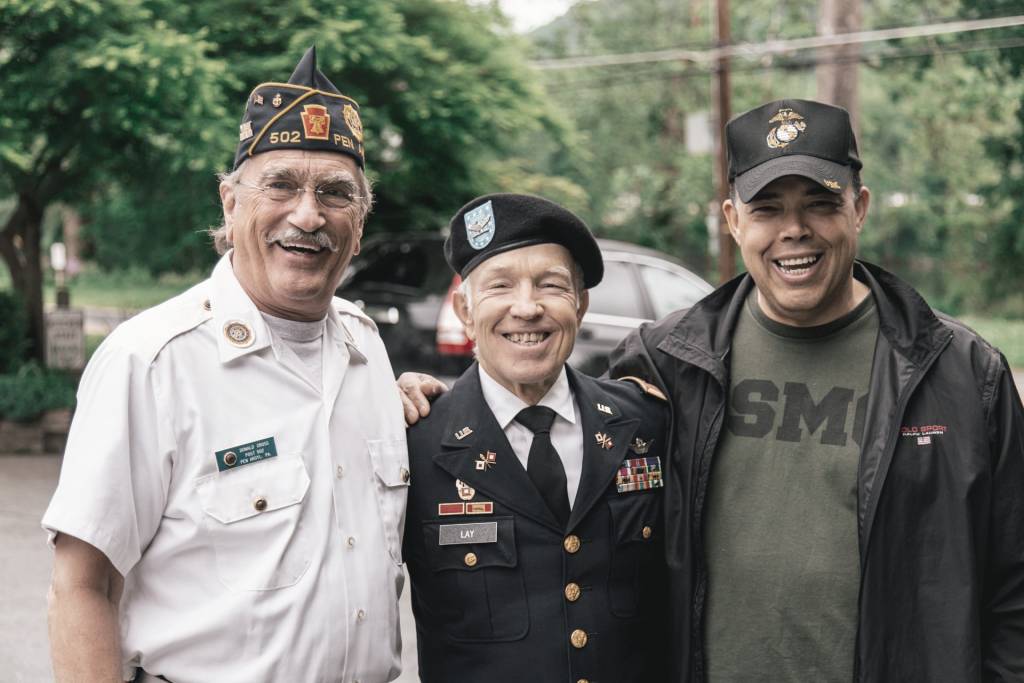Developing a personalized retirement strategy remains one of the most important financial steps you can take. When you’re a United States military member or veteran, you have to take a few special factors into consideration.
For instance, when you’re just starting out, you may assume that you’ll stay in the military for 20 years. At the 20-year mark, you’ll be eligible for a lifetime pension.
Sounds good, right? Unfortunately, fewer than one-fifth of military members stay for two decades. This means that you need to have other streams of income when you’re older.
However, this is no reason to begin feeling stressed. To help you start figuring out your financial future, consider taking the following steps.
1. Keep an eye out for military discounts.
You might not realize it but being a member of the U.S. military can make you eligible for significant military discounts.
Some discounts you may already know, such as education tuition benefits for you and your family. However, you may not realize that plenty of retailers, lenders, restaurants, and service providers shave their prices for military members.
In addition to staying ahead of discounts online, feel free to ask about veteran discounts during point-of-sale purchases. “Five percent off” here and “10% off there” can add up.
Every time you get a discount, put the extra money you would have paid into a savings account. That way, you can reward yourself by watching your savings get bigger.
2. Invest in certificates of deposit.
So you saved quite a bit on your military discounts? As you watch the dollars accrue, consider setting aside some in certificates of deposit, or CDs.
Financial institutions such as banks and credit unions frequently offer special interest rates on CDs with varying maturity dates. Though the interest won’t be enough to retire on, it will help you grow your money in a behind-the-scenes way.
As each CD matures, think carefully about whether or not to take it out. Rolling it over at the same interest rate may be wise, particularly if you don’t need it right away.
3. Set up an individual retirement account.
If you’d like to set aside your extra cash for decades rather than months, an individual retirement account (IRA) could be a good fit for most veterans.
Though IRAs are commonly linked to employment with a company, individuals can open IRAs independently.
An IRA is a solid choice if you know you can wait until much later in life to get your money back. During the time it’s invested, it should grow at a rate of up to 10% annually.
This isn’t a guarantee, of course, and anything can happen. Therefore, you need to make a practical choice for yourself and your loved ones based on your risk profile.
4. Map out a budget and corresponding journey.
One benefit of military training is understanding the innate value of having a roadmap to follow.
Sit down alone or, if applicable, with your partner. Talk about goals for the next stages of your life. These might include buying a vacation house, relocating to a different city, or even opening a business.
Then, look at your dreams from a monetary standpoint. What can you do today with your income (or incomes) to make those aspirations a reality?
It helps to lay out your current and anticipated bills during this process. Maybe you can spot some places to cut back so you have more financial freedom down the road.
5. Pay off your mortgage early.
Do you plan to stay in your house beyond your mortgage of 20, 25, or 30 years?
Making extra payments on the principal balance can allow you to own your house sooner. You could end up reclaiming tens of thousands of dollars just by paying a bit more now.
For instance, let’s say you’re sitting on a 30-year mortgage. Rather than making 12 payments a year, you decide to make 13 payments — or one extra. This small difference can take more than two years off your loan.
Remember that housing tends to be one of the biggest expenses for most families. Eliminating that expense can leave you with more cash to squirrel away, spend thoughtfully, or donate.
6. Get into the swing of the gig economy.
Many adults are making “side hustle” money by tapping into the gig economy.
Since the pandemic started, the gig economy has continued to grow. So if you’re a veteran looking to make a few more dollars each week, you may want to consider a side job.
Some common types of gigs include driving for a rideshare company and selling handmade items through online marketplaces.
Or, if you have knowledge or special training, you may want to become a freelancer or independent consultant.
The gig economy affords you the chance to try something new and put aside some additional money.
7. Acknowledge and move past stumbling blocks.
Life event obstacles happen. A medical emergency arises. A family member needs financial assistance. A business venture turns sour.
When they do, try not to let them derail your retirement planning.
How you, as a veteran, respond to life’s hardest downturns matters. If you find yourself in a difficult situation, attempt to veer back on course.
The sooner you stabilize and correct your finances, the sooner you can reestablish your retirement planning rhythm.
Retirement may seem like it’s far away. It’s closer than you think. Be sure that you’ve done everything you can to salute it head-on.













